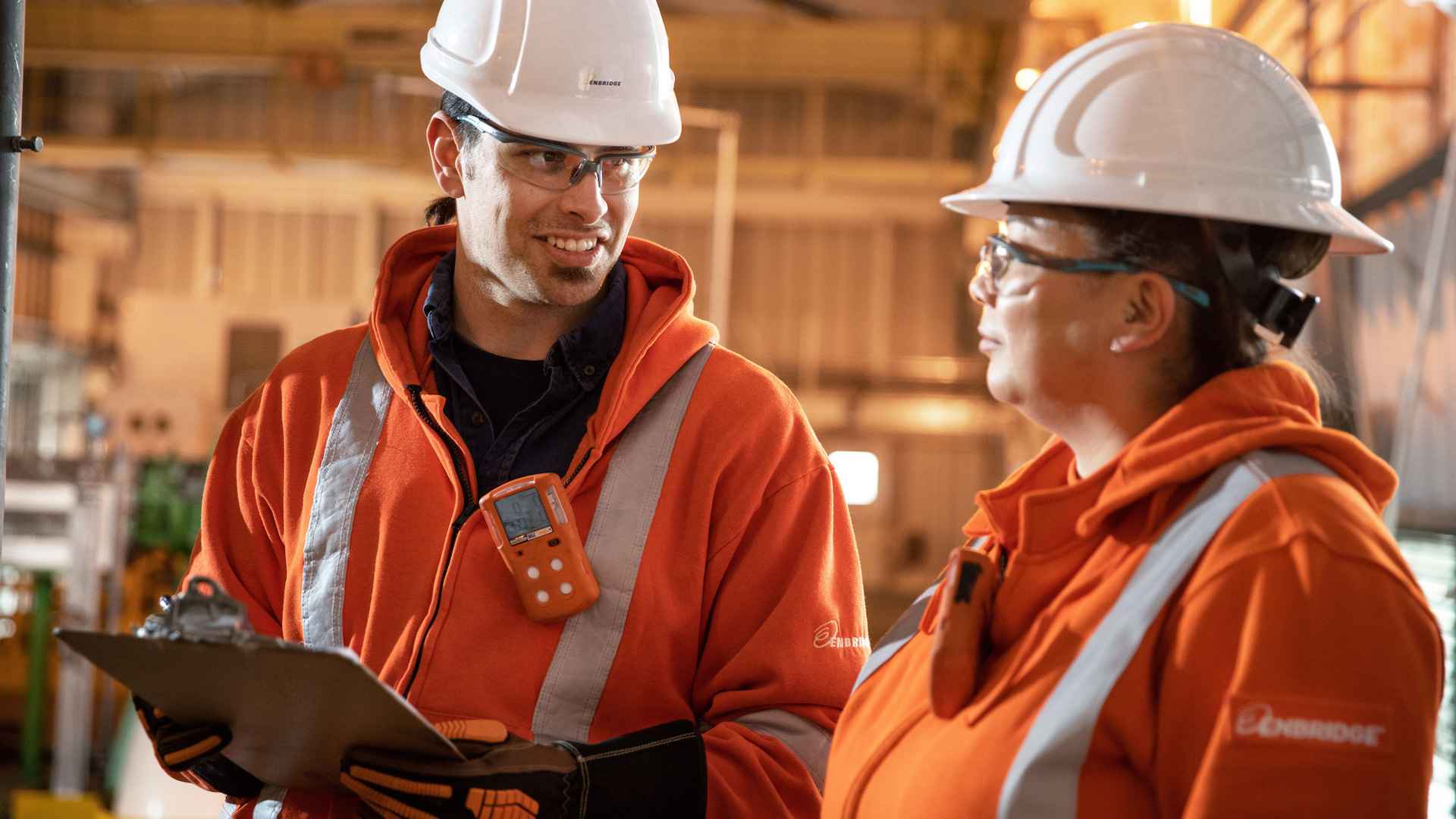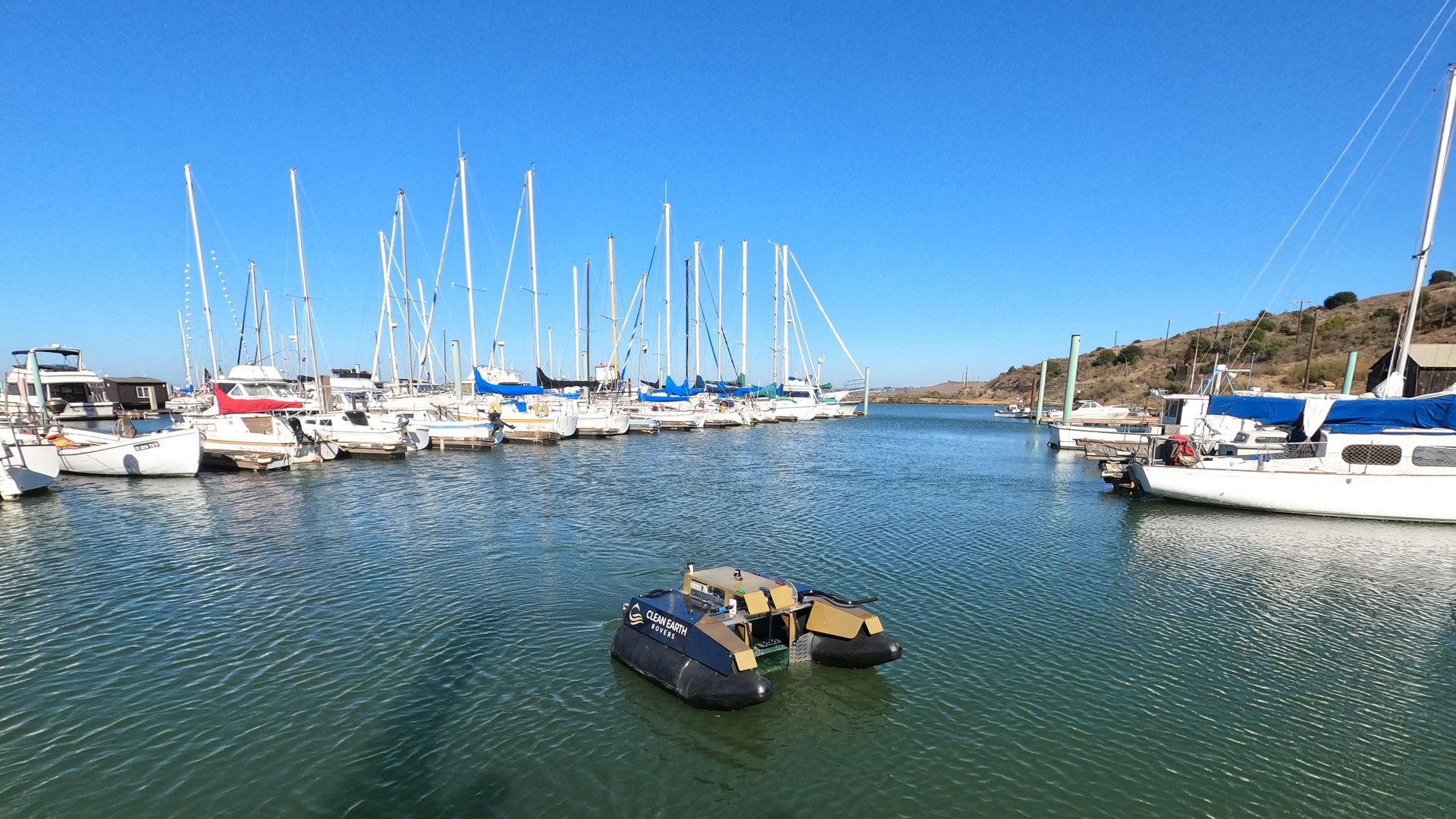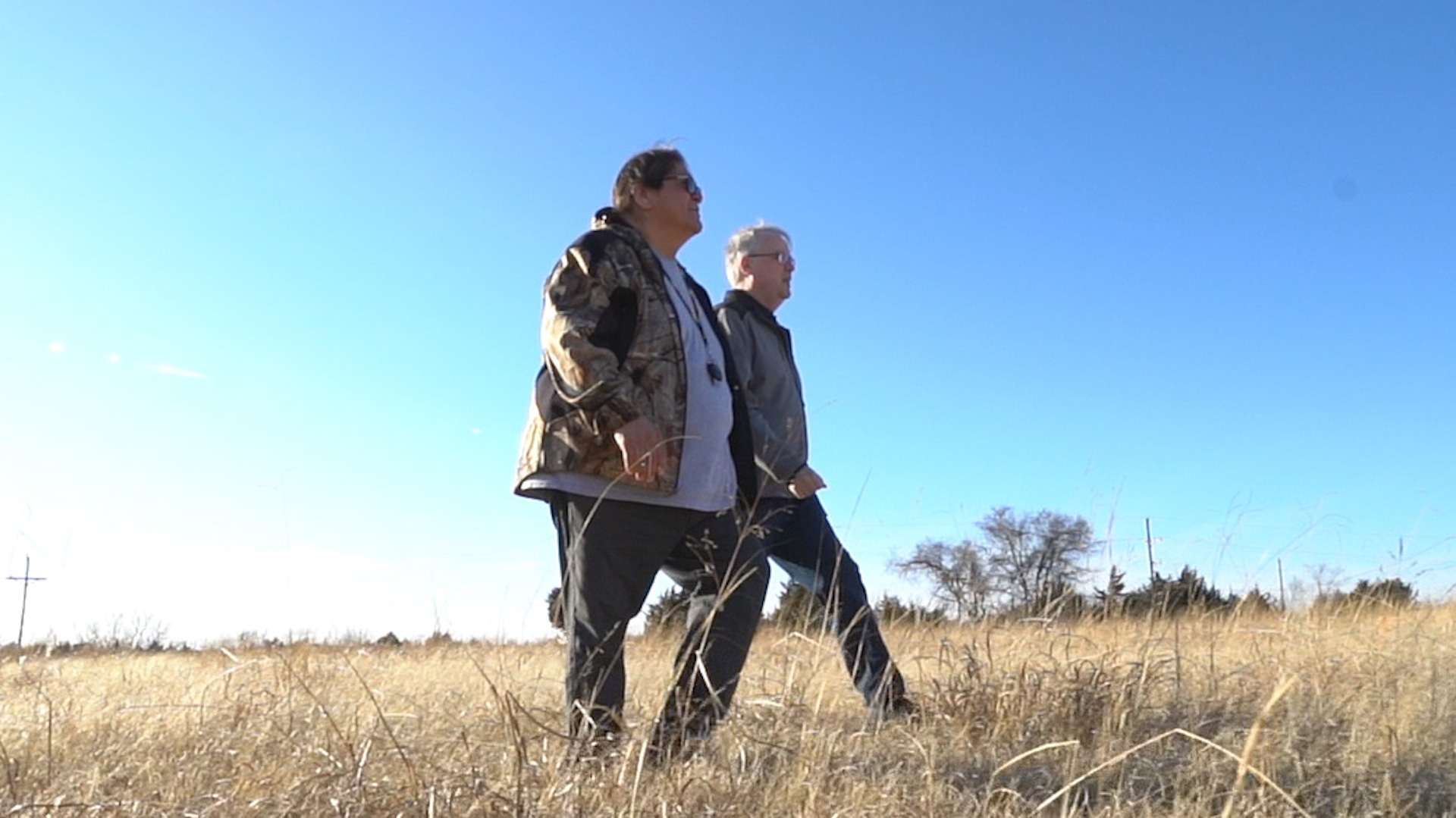| | | | | | | Presented By Enbridge | | | | Axios What's Next | | By Jennifer A. Kingson, Joann Muller and Alex Fitzpatrick · Oct 11, 2022 | | As Southwest Florida recovers from Hurricane Ian, residents and officials will face lots of difficult questions about how — or whether — to rebuild, Jennifer reports today. Today's newsletter is 1,189 words ... 4½ minutes. | | | | | | 1 big thing: Rebuilding after Ian |  | | | Illustration: Shoshana Gordon/Axios | | | | If history is any guide, the areas devastated by Hurricane Ian will be rebuilt even bigger than before — but probably with storm-inspired improvements to local infrastructure and building codes, Jennifer A. Kingson reports. Why it matters: Ravaged communities face increasingly tough decisions as climate change exacerbates natural disasters. Where it stands: Big storms like Ian always prompt hand-wringing over migration and whether rebuilding makes sense. - In practice, storm- and fire-damaged cities and towns tend to repopulate quickly — and more densely than before. But there are signs that the conversation is shifting.
The latest terms in the debate include: - "Managed retreat," or the voluntary buyout of properties in vulnerable areas. This increasingly-discussed practice is still largely considered taboo, in part because it tends to fall most heavily on low-income and minority populations.
- Green vs. grey infrastructure: Opinion has tilted toward building up natural "green infrastructure" such as wetlands and mangroves vs. man-made "grey infrastructure" such as seawalls and levees.
- Chief resilience officers: Cities and states are hiring "chief resilience officers" to start planning with future scenarios in mind — a process coming to be known as "precovery."
- Hazard-resistant building codes: Cities and towns are embracing muscular building guidelines known as I-Codes, which are proving their mettle against severe winds, floods and seismic activity.
What they're saying: "What we're seeing right now is a ton of new stuff being tried in pockets," says Katharine Mach, a professor at the University of Miami Rosenstiel School of Marine, Atmospheric, and Earth Science. - "But one of the biggest limits right now is, we haven't figured out just how effective all these things are."
- Mach's work on managed retreat includes a study of more than 40,000 FEMA-funded voluntary buyouts of flood-prone properties — which tend to be concentrated in less affluent areas, where people have fewer choices about where to go.
On the ground: Some Floridians told Axios Tampa Bay they were now thinking of decamping the state permanently. - On the other hand, there were places in Ian's path where "precovery" had clearly paid off — like Punta Gorda, which embraced modern building codes and escaped relatively unscathed, and Babcock Ranch, a solar-powered town where native landscaping helped control stormwater.
The big picture: Our current incentives system doesn't sufficiently steer homeowners or municipal planners toward disaster-resistant policies, experts say. - While FEMA is updating the National Flood Insurance Program to a new risk standard and private insurers are raising rates in flood-prone areas, "insurance is not stopping development" in hazardous locations, Mach tells Axios. "If anything, it is subsidizing it."
And federal dollars are "perversely only available after a disaster," said Yuliya Panfil, director of the future of land and housing program at New America, a think tank. - "There still needs to be this large-scale coming-to-terms with the reality that incremental fixes aren't going to solve the issue," she tells Axios.
The bottom line: Familiar names like Katrina, Sandy, Andrew and Charley have prodded us toward more enlightened and forward-thinking redevelopment, but there's still a long way to go. - "In terms of hurricane strike zones throughout the U.S., the houses that are built post-disaster are bigger than those in the first place," says Mach. "Literally, we're increasing our exposure in the aftermath of disaster."
Share this story. |     | | | | | | 2. Delta pours millions into eVTOLs |  | | | The Joby aircraft poised for takeoff at the company's Marina, Calif., facility. Photo courtesy of Joby | | | | Delta Air Lines is partnering with Joby Aviation, a leading developer of electric air taxis, to make it easier and faster for customers to get to the airport, Joann Muller reports. Why it matters: The partnership is an extension of Delta's strategy to try to differentiate itself from other airlines by offering a more premium travel experience. Driving the news: Delta is investing $60 million in Joby, and could invest up to $200 million in total, as the partners meet major milestones in the rollout of a premium air taxi service shuttling passengers between airports and nearby communities. - The plan is to seamlessly integrate Joby's electric vertical takeoff and landing (eVTOL) service into Delta's existing flight booking process for travel to and from five cities: New York, Los Angeles, San Francisco, Miami and London.
What to watch: Joby is one of multiple companies developing eVTOLs as a faster, quieter, sustainable way to get around cities. It hopes to begin air taxi service in 2024. - For now, it is focused on obtaining Federal Aviation Administration certification for its aircraft, and then scaling production.
- "This announcement starts to answer the question about what comes after — how to integrate with the trips people are already taking," Joby executive chairman Paul Sciarra tells Axios.
Share this story. |     | | | | | | 3. AI becomes a political 'super weapon' |  | | | Illustration: Brendan Lynch/Axios | | | | Artificial intelligence is helping political campaigns identify, turn out and extract money from voters, Axios' Lachlan Markay reports. - Consultants say they can dramatically improve campaigning by using machines to synthesize huge amounts of data — from incomes to consumer purchasing habits — to predict how individuals will donate and vote.
A host of political consultancies are marketing their use of AI and machine learning: - The Sterling Data Company, a Democratic firm, says it can more than double digital fundraising performance.
- Numinar, a Republican startup, touts highly effective voter modeling and predictive capabilities.
- Veteran Democratic fundraiser Anne Lewis' firm, MissionWired, recently unveiled a fundraising product called AdvantageAI.
Reality check: Some political pros are skeptical, describing it as more of a marketing gimmick than a true advance in political data technology. Yes, but: Numinar founder Will Long acknowledged the term can be misused, but said AI is an accurate descriptor of some of the highly advanced technology being deployed in races across the country. Read the rest. |     | | | | | | A message from Enbridge | | Understanding the past helps us embrace the future | | |  | | | | We believe business can play a critical role in advancing Indigenous reconciliation. - Acknowledging the truth and learning from Indigenous history paves the way for reconciliation and a more equitable tomorrow.
Learn more about Enbridge's journey and commitment to building a better future. | | | | | | 4. San Fran's new robot cleaner |  | | | The Plastics Piranha in the water at Point San Pablo Harbor. Photo: Clean Earth Rovers | | | | A "Roomba for the water" recently started collecting floating waste in San Francisco's East Bay, Axios' Nick Bastone reports. Details: The Plastics Piranha, an autonomous, fully electric vessel, is the brainchild of Cincinnati-based company Clean Earth Rovers. - The robot can carry up to 100 pounds of trash, and when it's done collecting, it returns to a specified home base to be emptied.
What they're saying: "Our goal is to have [the robots] run continuously along as many harbors and marinas as possible," CEO Michael Arens told Axios. Share this story. |     | | | | | | 5. One fun thing: Go ahead, leave your wallet behind |  | | | Illustration: Annelise Capossela/Axios | | | | On a recent trip to Seattle, Axios' Ina Fried learned how tantalizingly close we are to being able to ditch our wallets. - She managed to take two flights, check into a hotel room and pay for meals all from her phone. Everything worked, but there were some asterisks.
"I pay for Clear, the privately operated 'speed your way through the security line' service, which meant I only needed my irises (or fingerprints) and my boarding pass," Fried writes. - "I did some quick calculations and realized that I might be able to get through this short trip without a wallet. I wasn't renting a car, and Clear also operates in Seattle's airport for my return trip."
The big question mark was Fried's hotel. But she was staying at a Hilton, which lets guests use their phone as a key and skip the usual check-in process. The bottom line: While Fried's experience relied on her Clear account and being a frequent hotel-goer, emerging tech like digital driver's licenses and biometric IDs will make document-free travel far more common. Share this story. |     | | | | | | A message from Enbridge | | Building bridges and progress together | | |  | | | | Economic equity, jobs, education and environmental stewardship are a few ways Enbridge is working with Indigenous peoples on the energy transition. Why it's important: We can go further together. Read more about our Indigenous Reconciliation Action Plan. | | | | A hearty thanks to What's Next copy editor Amy Stern. Was this email forwarded to you? Get your daily dose of What's Next by signing up here for our free newsletter. |  | | Are you a fan of this email format? It's called Smart Brevity®. Over 300 orgs use it — in a tool called Axios HQ — to drive productivity with clearer workplace communications. | | | | | | Axios thanks our partners for supporting our newsletters. If you're interested in advertising, learn more here.
Sponsorship has no influence on editorial content. Axios, 3100 Clarendon Blvd, Arlington VA 22201 | | | You received this email because you signed up for newsletters from Axios.
Change your preferences or unsubscribe here. | | | Was this email forwarded to you?
Sign up now to get Axios in your inbox. | | | | Follow Axios on social media:    | | | | | |










No comments:
Post a Comment